May 24, 2025 | 16:20 GMT +7
May 24, 2025 | 16:20 GMT +7
Hotline: 0913.378.918
May 24, 2025 | 16:20 GMT +7
Hotline: 0913.378.918
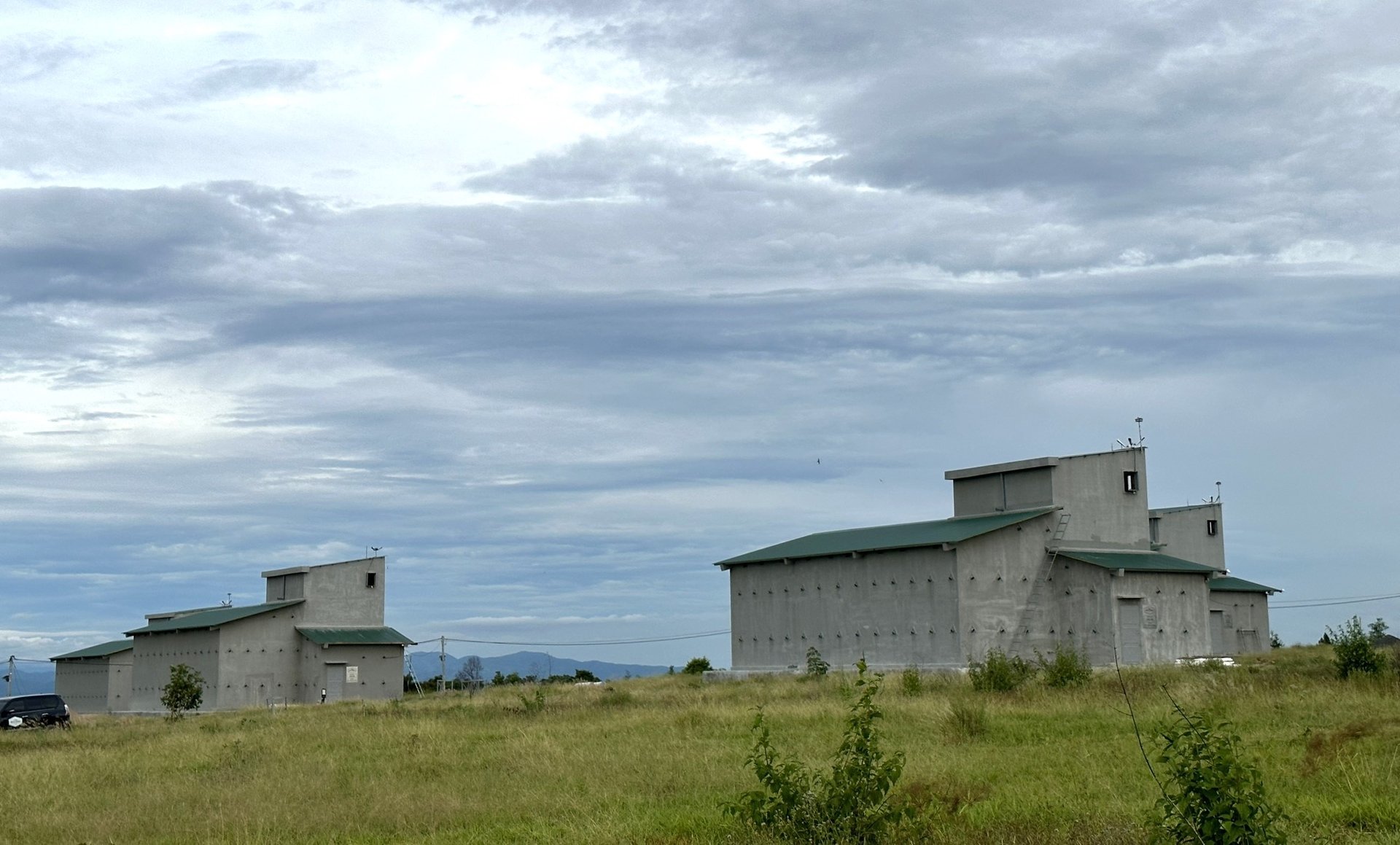
Pho Yen Cooperative in Phu Thien district, Gia Lai province. Photo: Dang Lam.
Gia Lai is a province with considerable potential for the development of swiftlet farming. The luring and raising of swiftlets have been thriving across the province in recent years.
The province currently has 1,303 swiftlet houses with an annual output of approximately 6,500 kilograms. These houses are primarily concentrated in the following regions: Chu Se district with 287 houses, Duc Co district with 1,218 houses, Ayun Pa town with 166 houses, Krong Pa district with 139 houses, Ia Pa district with 136 houses, Chu Prong District with 97 houses, and several other locations.
In order to develop a swiftlet farming industry with a focus on economic efficiency and competitiveness in the market, Gia Lai province's agricultural sector has guided local residents to develop along the product chain by linking production, processing, and consumption. Businesses involved in processing and market development play a crucial role in this process.
Furthermore, the province emphasized the application of new technologies, such as sound controllers using ultrasonic waves during different times of the day and breeding seasons. Additionally, mixed sound systems are used inside the swiftlet houses to mimic the real sounds of swiftlet families, and suitable sound systems are chosen to create calls that match the local swiftlet sounds.
In addition, Gia Lai province has focused on establishing processing facilities for swiftlet products that ensure food safety and hygiene. The province has promoted its local brands through regular participation in trade fairs, exhibitions, e-commerce, and collaboration among swiftlet house owners. Moreover, swiftlet farmers have actively participated in the OCOP program, and develop markets for swiftlet products.
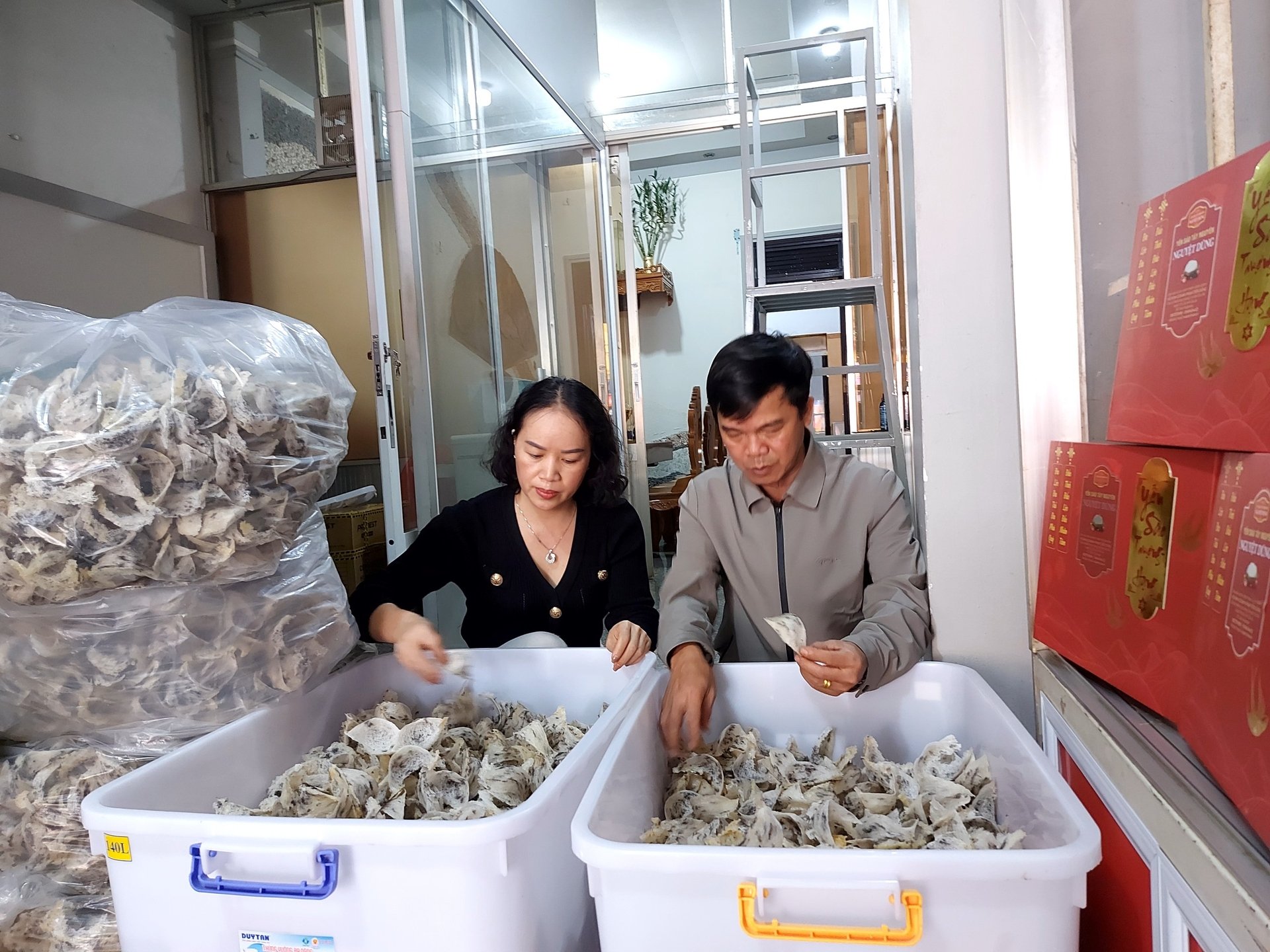
Swiftlet farming is currently generating high economic value. Photo: Dang Lam.
However, numerous difficulties and challenges remain in the management of local swiftlet farming. Namely, public's awareness regarding various regulations under the Law on Livestock is inadequate. As a result, there continues to be a notable presence of individuals constructing swiftlet houses within urban and residential areas, both prior to and subsequent to the effective enforcement of Resolution No. 127/2020/NQ-HDND issued by the Gia Lai Provincial People's Council.
Furthermore, the existing legal provisions concerning the construction procedure for swiftlet houses lack precise guidelines, and administrative penalties for violations committed by swiftlet farming facilities remain inadequately defined. These factors have resulted in the spontaneous construction of numerous swiftlet houses that fail to conform to established regulations, thereby presenting challenges in terms of effective management. In practice, there is an observable prevalence of swiftlet houses either constructed without permits or situated within unauthorized areas, lacking the requisite documentation.
Additionally, Government Decree No. 14/2021/ND-CP, dated March 1, 2021 pertaining to administrative penalties within the livestock sector, does not delineate specific penalty levels or remedial measures for swiftlet houses constructed in unauthorized areas or without necessary documentation. Furthermore, there is an absence of explicit regulations regarding the inspection and assessment of swiftlet farming facilities. Consequently, farmers remain uninformed about the necessity of obtaining building permits and livestock permits for swiftlet houses.
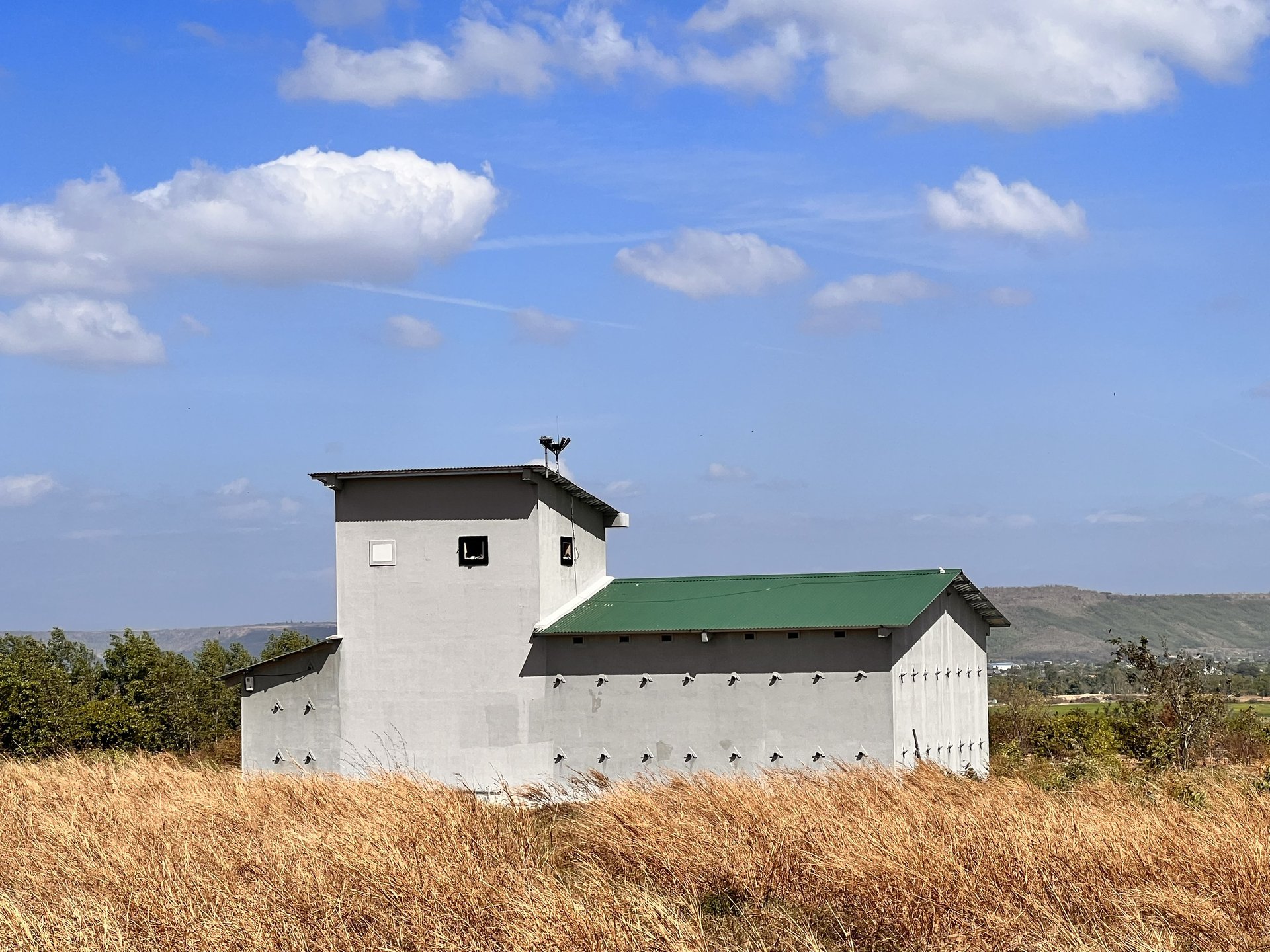
Swiftlet farming is experiencing significant growth in Gia Lai province. Photo: Dang Lam.
Subsequently, Gia Lai province's agricultural sector has put forth various measures to address the the aforementioned challenges.
Mr. Thai Van Dung, Deputy Director of Gia Lai province's Sub-Department of Livestock Production and Animal Health, stated that the province has strengthened its efforts in information dissemination, guidance, and support for organizations and individuals involved in the production, trading, and processing of swiftlet nests with the aim of exporting them to China. These efforts are aimed at ensuring strict compliance with the provisions of the Official Letter No. 8107/BNN-TY dated November 1, 2022 by the Ministry of Agriculture and Rural Development, Official Letter No. 2163/TY-HTQT dated December 26, 2022, and Official Letter No. 144/TY-TYCD dated January 31, 2023 by the Department of Animal Health.
In addition, it is imperative to move towards managing swiftlet houses based on identification numbers, which will enable origin tracing for exported swiftlet nest products. Moreover, deep processing to enhance the value of swiftlet nest products, the establishment of swiftlet farming associations, participation in the Swiftlet Nest Association, and participation in the OCOP program are also pivotal steps toward sustainable development and export. Accordingly, the Chu Se Swiftlet Nest Association have already been established, and the establishment of the Duc Co Swiftlet Nest Association is currently underway.
Mr. Thai Van Dung emphasized, "Organizations and individuals engaged in swiftlet farming must strictly adhere to regulations with regards to disease control, food safety, and identification numbers for swiftlet houses to facilitate origin traceability. Furthermore, they should actively apply advanced scientific and technological methods in the production process to efficiently exploit and process swiftlet nest products, thereby enhancing their products' competitiveness on the international market. It is essential to ensure that newly constructed swiftlet houses are located within areas designated for swiftlet farming, as stipulated under Resolution No. 127/2020/NQ-HĐND dated July 9, 2020 by the Gia Lai Provincial People's Council."
Translated by Nguyen Hai Long

(VAN) South Korea is currently the second-largest investor in Hai Phong in terms of the number of projects (186 projects) and the largest in terms of total registered investment capital, reaching USD 14.2 billion.
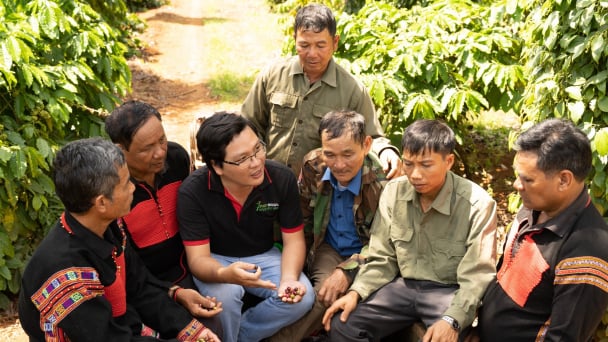
(VAN) As consumers become more environmentally conscious, legal regulations grow increasingly stringent...
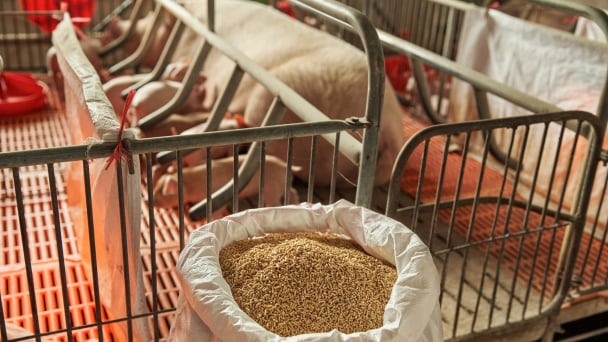
(VAN) CJ Feed&Care officially launched the FCR improvement campaign called “2025 Find Challenge Reach” in April 2025. In Vietnam, this campaign is implemented by CJ Vina Agri.
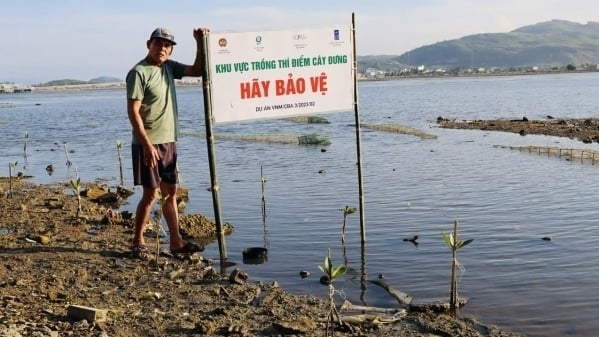
(VAN) The swamp in Pho Thanh is gradually being covered with red mangrove, creating a favorable environment for producing clean, high-quality salt.

(VAN) The trade turnover of agro-forestry-fishery products is growing significantly, along with investment cooperation commitments that are opening up new development directions between Vietnam and Russia.

(VAN) Khanh Hoa is investing over 545 billion VND to develop 240 hectares of high-tech marine aquaculture in order to guarantee a consistent supply of seafood exports and achieve the USD 1 billion target.

(VAN) Minister of Agriculture and Environment Do Duc Duy held a meeting with Soopakij Chearavanont, Chairman of C.P. Group, on May 15.